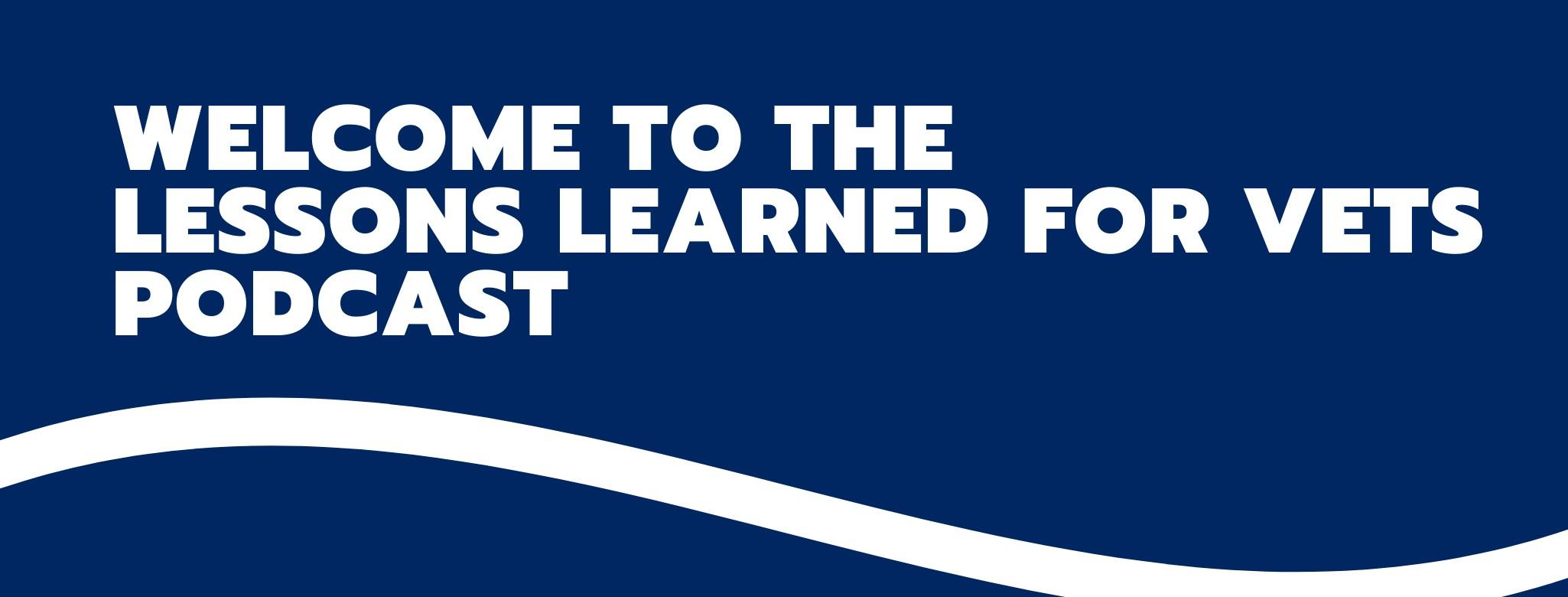
Season 5 Episode 188: Mission Planning Your Military Transition with Lori Norris
Transitioning from military to civilian life is a complex journey that requires strategic planning well before your final out date. Starting 18-24 months ahead isn't excessive. It's necessary to build the infrastructure for a successful transition while still fulfilling your military obligations.
We start by discussing what do and plan for in the 12-24 months before your military transition. The foundation of any successful transition begins with determining your career focus. Unlike in the military where your path was often managed for you, civilian success requires taking charge of your own career development. Start by creating a comprehensive inventory of your skills, marking those you enjoy using and those you'd prefer to leave behind. Consider fundamental questions about your work preferences: inside or outside? With people or technology? What salary requirements will support your lifestyle? This self-assessment helps narrow your focus to careers that will truly satisfy you rather than just leveraging existing skills.
Once you've identified potential career paths, conduct thorough labor market research through resources like the Bureau of Labor Statistics. Understanding where opportunities exist geographically and what qualifications they require allows you to prepare accordingly. Connect with veterans in your target industries for informational interviews that provide real-world insights beyond what job descriptions reveal. These conversations are invaluable for understanding how military experience translates to specific civilian roles.
As you move into the 6–12-month window, develop your professional job search marketing materials including your resume and LinkedIn profile. Ensure that you learn how to effectively translate military skills into civilian terminology. Practice interview storytelling that demonstrates your relevant capabilities without military jargon.
In the final 3 months, execute your carefully crafted plan by targeting applications to organizations you've researched, understanding that hiring timelines typically extend one week for every $10,000 in salary you're seeking.
Remember that transition continues beyond securing that first position. The first 90 days in your new role are critical for establishing yourself in the civilian workforce. Focus on learning the organizational culture and building relationships rather than immediately implementing changes. Just as you wouldn't execute a military mission without thorough planning, approach your transition with the same strategic mindset—assessing risks, preparing for obstacles, and creating contingency plans for success in your post-military career.
Connect with your host Lori Norris at https://www.linkedin.com/in/lorinorris/
Learn more about Lori's resume and LinkedIn services, where she specializes in helping translate military terminology at www.getresultsresumes.com
Subscribe to our YouTube channel at https://tinyurl.com/llforvets22
Subscribe to the podcast and leave us a 5-star review. Please share this with other veterans who might need help as they transition from the military!
The Lessons Learned for Vets Podcast is sponsored by Seek Now and their Drive Academy. Seek Now is the property inspection industry's leading business and they created Drive Academy DoD SkillBridge and CSP internships to teach transitioning military service members and veterans skills that prepare them for lucrative and rewarding careers in the property inspection and insurance industries. You can learn more and apply today at www.internwithdrive.com.
Are You Struggling to Write Your Resume?
I created the Veteran Resume Self-inspection Checklist to lessen the resume writing struggle for veterans. This 11-item checklist will educate you in resume best practices while giving veterans a guide to assess their resume and determine if it's ready to send to employers.
Download Your Checklist Here



